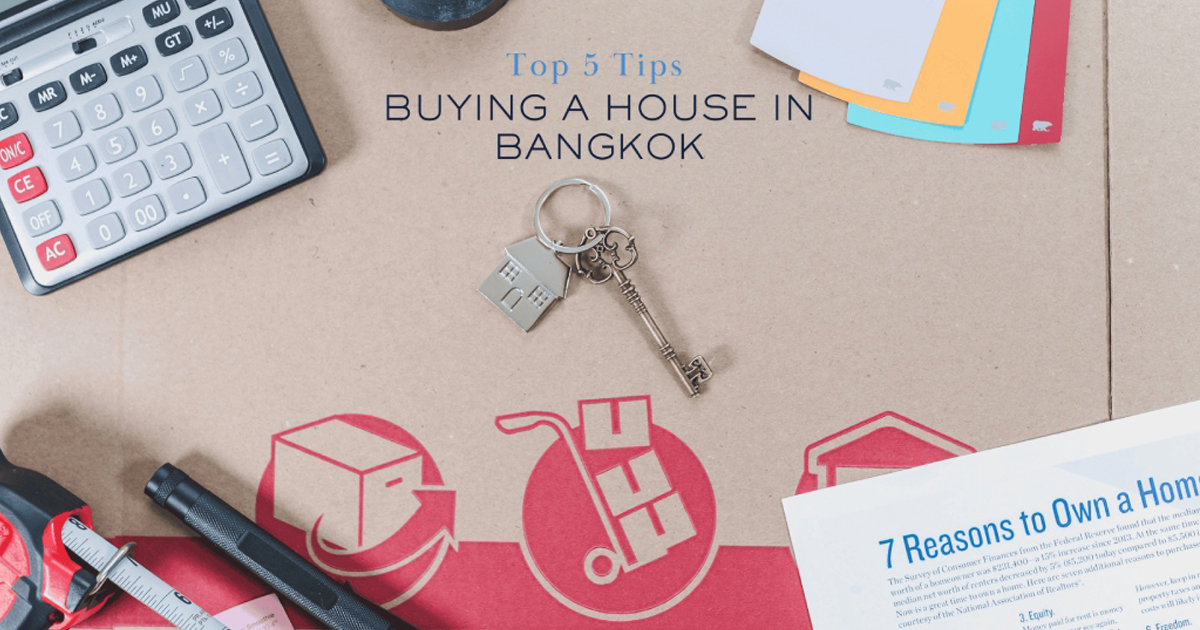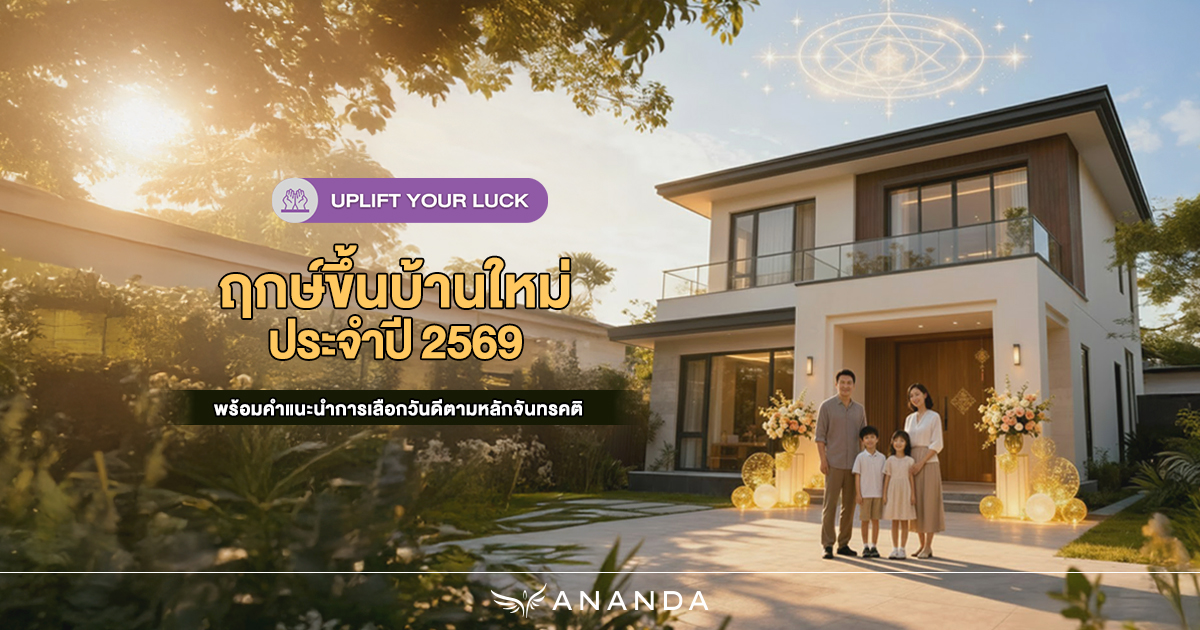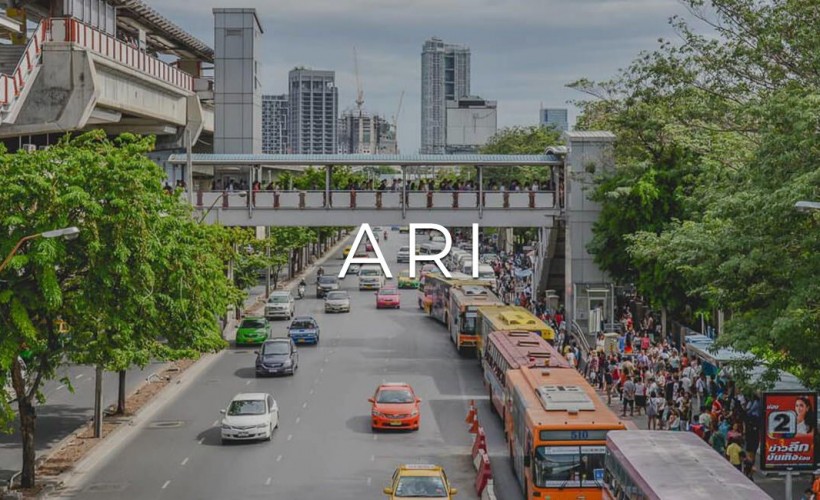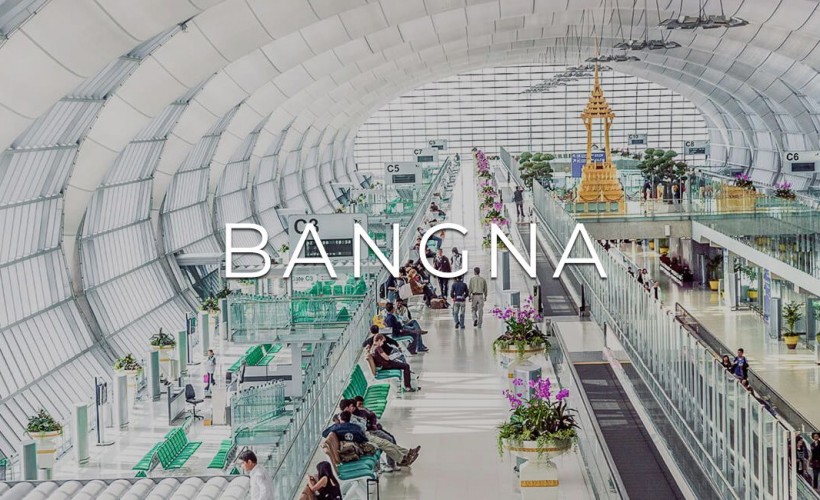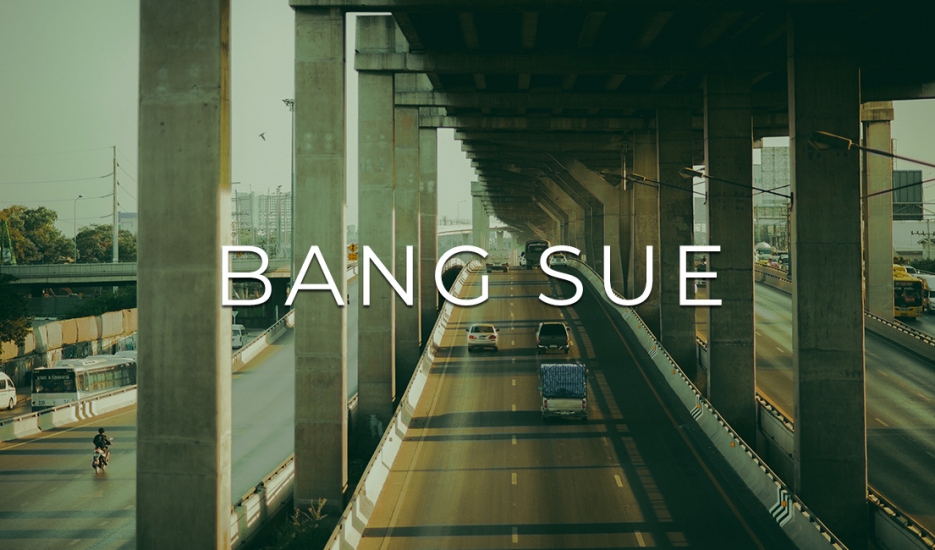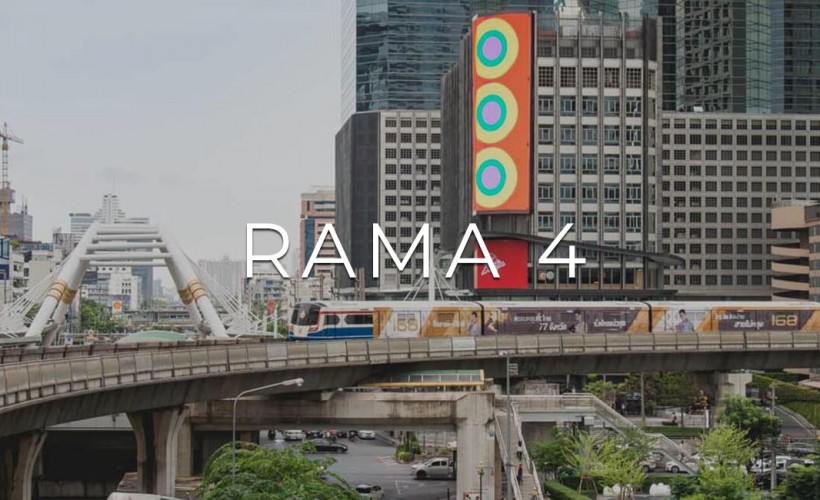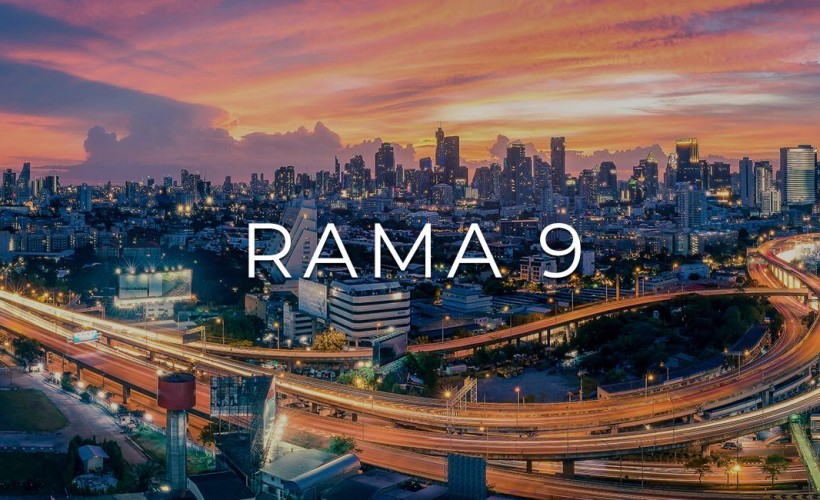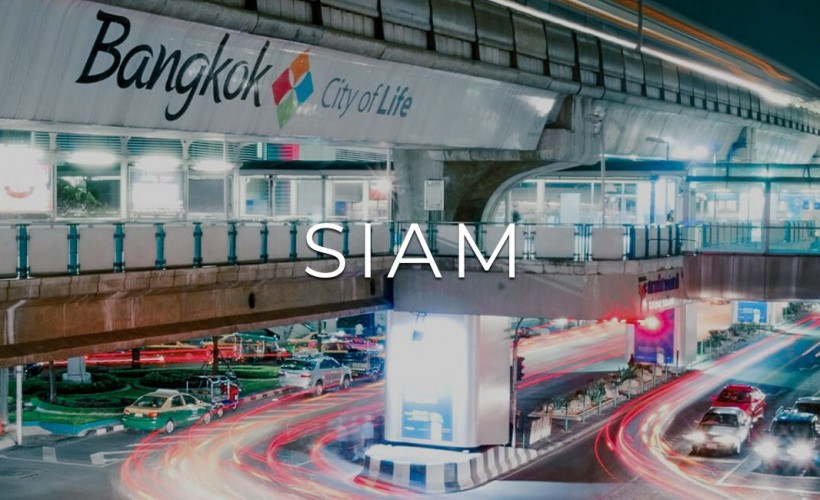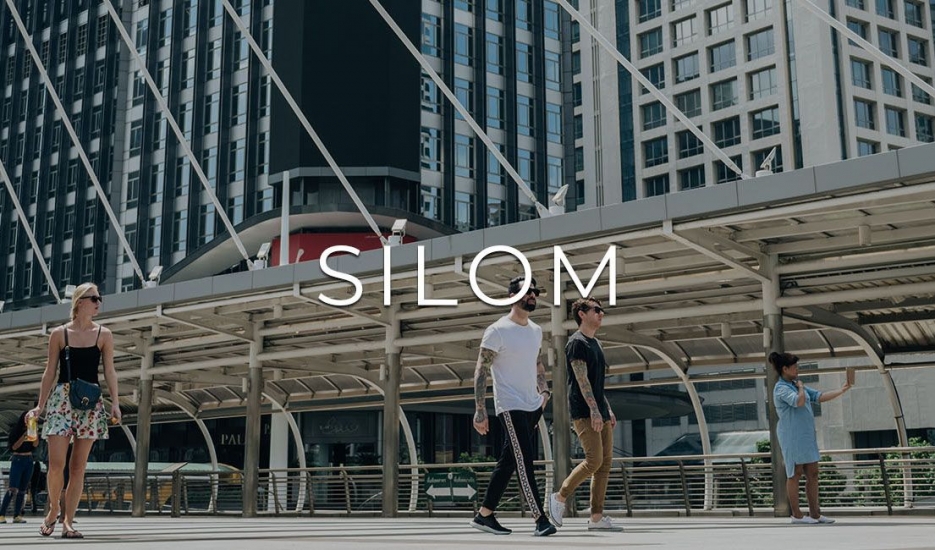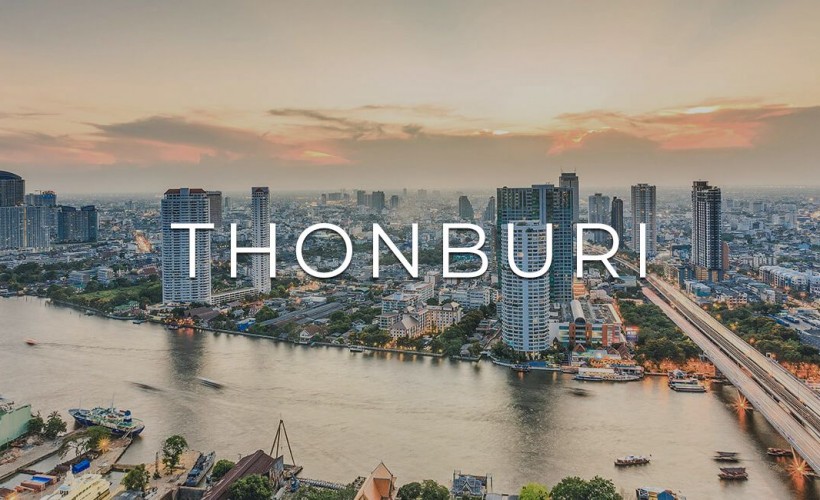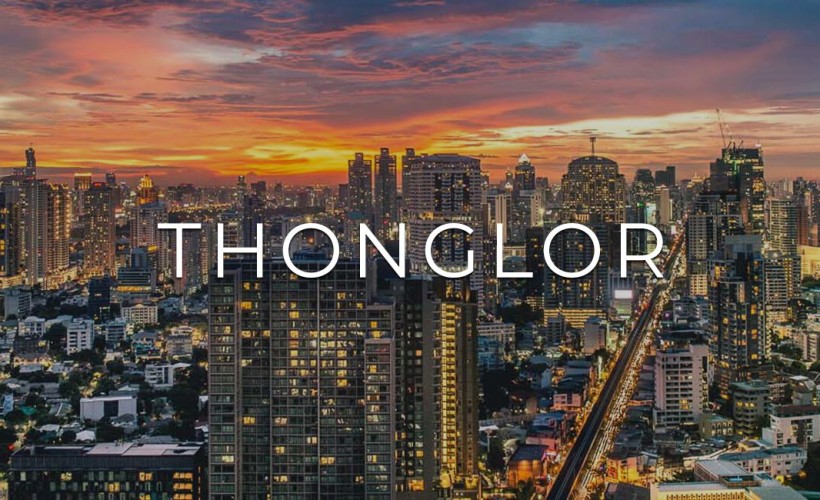It’s no secret that buying a house in Bangkok can be both exciting and overwhelming. As you navigate through Thailand’s bustling real estate market, you’ll need to understand the local property landscape to make informed decisions. Whether you’re looking for a modern condominium in Sukhumvit or a spacious single-family home in Bangna, your journey to homeownership in Bangkok requires careful planning and consideration. This guide will walk you through seven vital tips to help you find and purchase your ideal home in Thailand’s vibrant capital city.
1. Choosing Neighborhood: The Ins and Outs
Price tags in Bangkok’s property market differ sharply by neighborhood, reflecting lifestyle perks and convenience levels. For example, prime spots like Silom command premium prices, partly due to proximity to business districts and upscale amenities. You can find more affordable options and spacious housing in peripheral zones like Bang Na, balancing cost against commute times.
Your search for the perfect Bangkok home should focus on emerging neighborhoods that offer the best value. Areas like On Nut, Lat Phrao, and Rama 9 are gaining popularity due to improved infrastructure and amenities. Meanwhile, traditionally expensive areas such as Thonglor and Ekkamai continue to command premium prices but offer stable investment potential.
As you explore different neighborhoods, you’ll notice that areas along the new MRT extensions, particularly the Yellow and Pink lines, are experiencing rapid development. These locations offer more affordable options while promising significant appreciation potential. Consider up-and-coming districts like Ramkhamhaeng and Bangna, where you’ll find modern housing projects with excellent connectivity. Your investment in these areas could yield better returns as Bangkok’s urban development continues to expand outward.
Understanding community culture also helps you find a neighborhood that welcomes your interests and social patterns, fostering connection and comfort. Areas like Phrom Phong offer access to top-tier international schools and boutique malls, appealing to expatriate families, while districts such as Chatuchak provide sprawling weekend markets and community parks perfect for leisure. The artsy feel in Ekkamai attracts creatives and young professionals, whereas family-oriented neighborhoods like On Nut emphasize safety and schooling options. Evaluating these aspects ensures the neighborhood complements both your practical needs and your social life.
2. Selecting the Ideal Property Type
Selecting the right property type in Bangkok hinges on your lifestyle and long-term goals. Condos offer convenience and amenities yet tend to have monthly fees and space limitations. Houses provide more privacy and often come with outdoor areas but might require more maintenance. Your daily routine, budget, and whether you prioritize proximity to public transport or need space for a growing family will determine the best fit. Weigh not only current needs but how the property type aligns with future plans in the rapidly evolving Bangkok real estate landscape.
Apartment vs. House: Weighing Your Options
Condos typically appeal to professionals seeking low-maintenance living with shared facilities like gyms and pools. However, they come with common area fees and rules that govern your unit. Houses afford larger living spaces and greater freedom to modify your home but often sit farther from central hubs and demand upkeep. In districts like Sathorn, condos dominate, while suburban areas like Bang Na favor houses, shaping the lifestyle you will experience. Assess your commuting preferences, family size, and desire for privacy carefully before deciding.
New Developments vs. Resale Properties: Pros and Cons
Considering Bangkok’s dynamic market, new developments often attract buyers eager for modern conveniences, but they come at a premium and sometimes risk delays. Resale properties provide tangible benefits in terms of location and immediate access, yet assessing their condition demands thorough inspection. Your choice between the two hinges on your tolerance for potential wait times versus desire for established surroundings, as well as your financial flexibility to invest in renovations or upgrades where necessary.
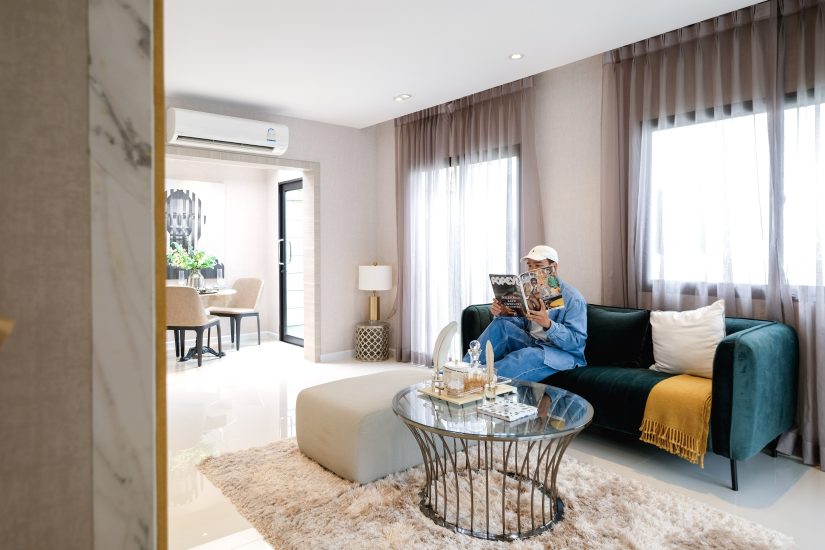
3. Navigating Legal Requirements for Foreign Buyers
As a foreign buyer in Bangkok’s property market, you will need to understand Thailand’s specific regulations. You cannot directly own land as a foreigner, but you can legally purchase condominiums or enter into long-term lease agreements for houses. Working with a qualified legal professional will help you navigate these requirements and ensure your property investment complies with Thai law.
Essential Documentation for Property Ownership
To buy a house in Bangkok, you’ll need to prepare several key documents. These include your passport, non-immigrant visa, work permit (if applicable), proof of funds transfer from abroad, and a Foreign Exchange Transaction Form (FET). Your legal representative can help you verify that all paperwork meets Thai regulations and standards before proceeding with the purchase.
Understanding Leasehold vs. Freehold Ownership
When looking to buy a house in Bangkok, you’ll encounter two main ownership structures. Freehold ownership gives you complete property rights but is only available for condominiums. Leasehold agreements, typically spanning 30 years with possible extensions, are your primary option for houses and land in Bangkok.
Foreigners can own condominiums freehold in Bangkok, provided the foreign ownership quota doesn’t exceed 49% per building. Direct land ownership by foreigners remains restricted, but leasehold agreements offer a viable alternative. Structuring ownership through Thai companies is another route, though it requires stringent compliance and can complicate matters. Knowing these options helps you navigate purchases that maximize security while adhering strictly to Thai property regulations.
4. Evaluating All Costs: Beyond the Purchase Price
Locking in on the advertised price is just the beginning. Legal fees for title transfer and contracts, government transfer taxes, and agent commissions (typically 3%) add up quickly. Maintenance fees for condos, typically between 30-60 baht per square meter monthly, should also fit within your budget. Accounting for renovation expenses or furnishing can drastically change total costs, so estimate those early. This holistic view helps you avoid surprises during your purchase process.
Financing Options: Comparing Local Banks and International Lenders
The mortgage landscape in Bangkok offers diverse options that impact your affordability and flexibility. Local Thai banks generally provide competitive interest rates with loan-to-value ratios up to 70% for foreigners, dependent on bank policy. International lenders might offer more flexible terms or foreign currency loans, but often with higher interest rates or stricter qualification criteria. Understanding how these differences affect monthly repayments and total interest payable sharpens your financial planning.
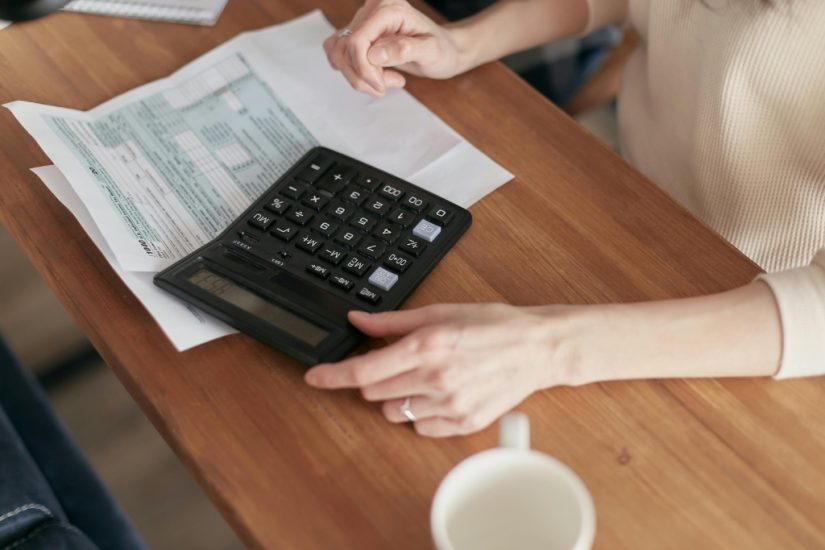
5. Assessing Developer Reputation
Choosing a developer with a solid reputation can significantly influence your confidence in the project’s delivery and quality. Developers with consistent track records in Bangkok often showcase completed projects that meet deadlines and maintain construction standards. You want to prioritize those who have built recognizable developments and earned positive commentary in industry circles and among residents, especially those who have weathered economic fluctuations without compromising their commitments. Ananda Development is one of the leading real estate developers in Thailand, offering selections ranging from condos, townhomes to houses, visit https://www.ananda.co.th/en/condo-sukhumvit for more details.
Researching Track Records and Customer Feedback
Analyzing past projects and customer satisfaction ratings reveals how developers manage timelines, budgets, and quality assurance. Dive into community forums, real estate review sites, and social media where actual buyers share experiences about communication, after-sales service, and honesty. For instance, a developer who repeatedly addresses complaints proactively signals reliability. Conversely, chronic delays or structural issues reported by multiple sources should raise red flags before you commit.
Understanding Developer Guarantees and Warranties
Developers who offer comprehensive guarantees and warranties provide you with a safety net post-purchase. These often cover structural defects for several years and critical systems like plumbing or electrical wiring. Investigate whether the warranty terms align with industry standards in Bangkok, and how responsive the developer is to claims. The presence of a sound warranty policy suggests confidence in their workmanship and allows you to mitigate unexpected repair costs.
Guarantees typically span from one to five years, depending on the project scale, sometimes backed by insurance policies that protect you further. In Bangkok’s competitive market, some developers include additional perks, like free maintenance services during the warranty period or on-site support, enhancing your ownership experience. Carefully reviewing these guarantees helps avoid disputes and ensures you won’t bear the burden of structural faults or substandard materials after moving in.
Final Checks
Your vigilance during property inspection can save you from costly mistakes when you buy a house in Bangkok. Look out for structural issues, water damage, poor construction quality, and unclear property titles. Pay attention to the surrounding area for potential nuisances like flooding zones or noisy establishments.
Your thorough assessment should include checking the building’s age, maintenance history, and developer’s reputation. Request documentation about previous repairs, verify the property’s legal status, and investigate any ongoing disputes. Consider hiring a professional inspector to evaluate the property’s condition, especially for older houses in Bangkok’s tropical climate.
Attention to these key aspects will help you navigate Bangkok’s dynamic real estate market with confidence. As you move forward with your property search, keep these tips in mind to make an informed decision that aligns with your lifestyle and investment goals in Thailand’s vibrant capital.

